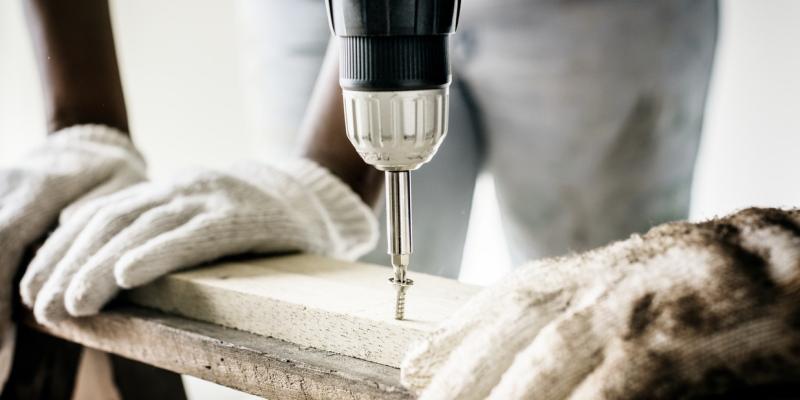
RALEIGH—While National Home Ownership Month is primarily focused on helping buyers purchase new homes this June, a North Carolina program is celebrating 25 years of keeping existing homeowners in their homes. The NC Housing Finance Agency’s Urgent Repair Program (URP) has helped 15,000 low-income homeowners, including seniors, veterans and persons with disabilities, remain in their homes by providing emergency repairs and accessibility modifications that can help them age in place and stay out of costly institutional care.
More than one third of adults over age 50 are housing cost-burdened, meaning they spend more than 30% of their income on housing expenses. For these homeowners, the cost of maintaining their home can be overwhelming. Further, the cost of modifying a home to suit the needs of aging residents or those with disabilities—like the addition of safety rails or ramps, widening of doors to accommodate wheelchairs and other accessibility modifications—can put a strain on budgets. And when critical repairs and modifications remain undone due to lack of funds, homeowners then face health and safety hazards.
This is where URP comes in. URP provides financial assistance for these North Carolinians to help make their homes safe and habitable. This not only saves money for homeowners who may otherwise be forced into institutional care but can also translate into a significant cost-savings for the state: up to $19 in Medicaid costs can be saved for every $1 invested.
The NC Housing Finance Agency offers URP through local community partners that determine homeowner eligibility and contract out for and oversee the work. Assistance is in the form of a deferred, forgivable, zero-interest loan of up to $8,000. Eligible homes must include one or more full-time household members with special needs (elderly, disabled, veteran or a child under 6 years of age with an elevated blood-lead level), and the household income must not exceed 50% of the area median income.
“The Urgent Repair Program has assisted households in all 100 counties with participation by more than 170 community partners,” said Agency Executive Director Scott Farmer. “This program has played a crucial role in ensuring that citizens can safely stay in their homes and avoid institutional care. URP is an example of how a small investment can deliver large returns for North Carolina and its citizens.”